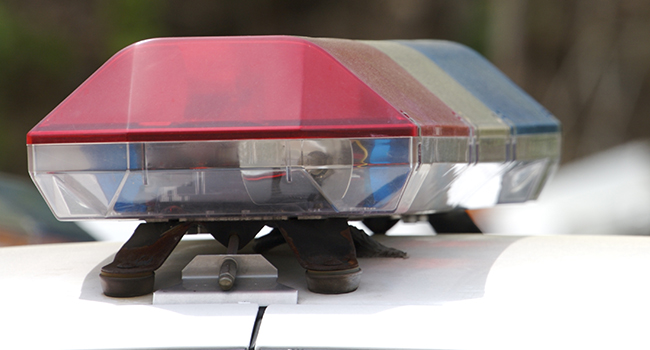
“Kaylee’s Law” Would Change Requirements for Privately Hired Campus Security Officers
A bill gaining support in the Oregon Legislature would change how privately hired campus security officers are hired and how they operate on patrol.
- By Jessica Davis
- March 15, 2019
“Kaylee’s Law,” a bill gaining support in the Oregon Legislature, looks to change the way privately hired campus security officers are hired and how they operate on patrol. Senate Bill 576 is named after the late Kaylee Sawyer, who was abducted and killed by a college security office while he was on patrol.
"The security of our students and the protection of those students is paramount," said State Senator Tim Knopp, one of the bill's sponsors. "It's too late to save Kaylee, but we want to honor her memory by protecting every other student in the best way we can."
Sawyer was murdered in July 2016. Investigators said the suspect tried to sexually assault her before he intentionally ran her over with his marked campus security vehicle. According to Knopp, if Kaylee’s Law had been in place at the time, she might not have ever entered the suspect’s vehicle.
"Essentially what she believed was happening was she was in a secure location with a trusted individual," Knopp said. "It turns out that that trusted individual had evil intent and ultimately murdered her and was able to get her in the back of what looked like a police vehicle because she trusted that it was a safe place."
Under Senate Bill 576, the vehicles of privately hired campus security officers would not have red and blue flashing lights. It would also not allow large front bumpers on these vehicles.
The bill would also require private security officer vehicles to be equipped with GPS tracking technology and a surveillance camera. These would allow colleges and universities to keep better track of officers and vehicles.
The bill would only affect security officers who were privately hired. Campus police would not be affected.
Knopp said he isn’t sure whether this could result in more community colleges and universities hiring their own security officers instead of using privately hired guards.
"They can have a police force or they can have campus security agency, but what they can't have - according to this bill - is a campus security agency that acts like a police force without the responsibility and accountability that goes along with that police force," Knopp said.
About the Author
Jessica Davis is the Associate Content Editor for 1105 Media.